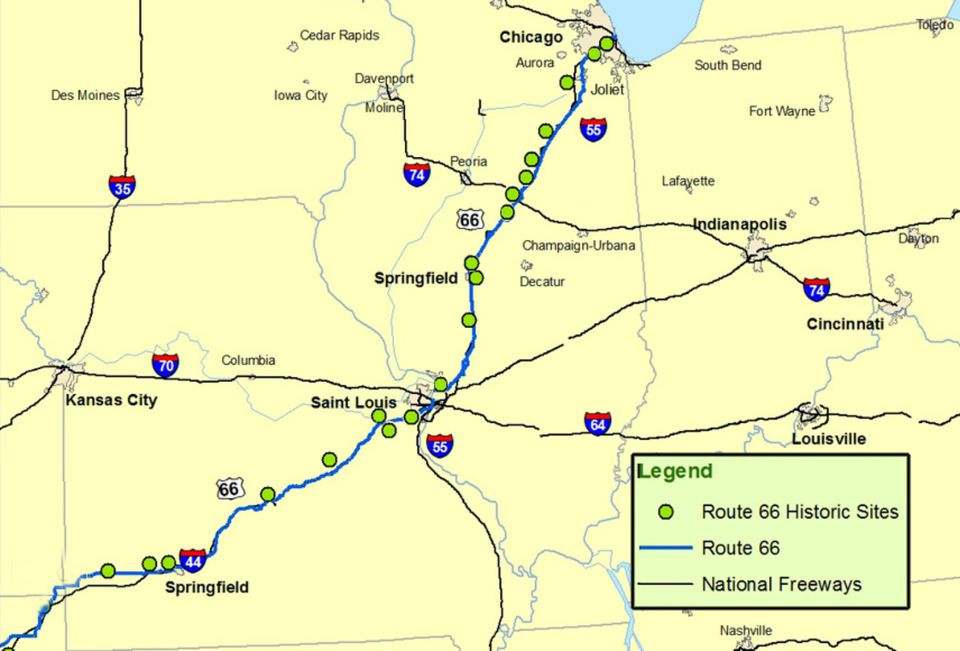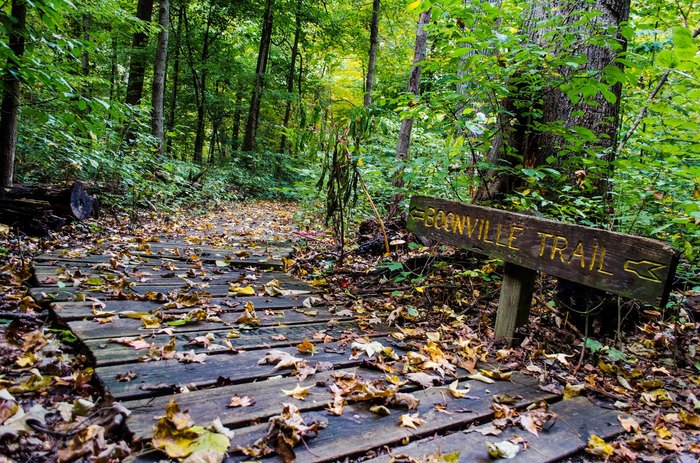
Six months ago I started a podcast at my local public radio station. It’s focused on the local food scene here in Southern Indiana. That’s a phrase bound to elicit a little snort of derision – Local food scene? Here? – which is one of the reasons I wanted to do the show. Because, yes, there is a food scene here, fledgling, unsteady, earnest and, okay, largely aspirational. And we need to know about it so we can learn how to support it, the way we’re learning to support our (equally unsteady and largely aspirational) local music and art scenes.
I suspect there’s not much of an audience for the show beyond this little patch of flyover country. Which is a good thing, given that my podcast skills are also, shall we say, aspirational. I’ve wanted to make a podcast for years. Now here I am making one, and what I’m making is just not that great.
If I were a better cheerleader for my own projects I’d say not that great – yet – but honestly I don’t know if it will ever be any good. I don’t know if I have the chops for it. I’ve been working in broadcasting for a long time, and my production skills are adequate, but I’m not a journalist. I’m barely a storyteller. So there’s a yawning gap between the interviews I aspire to have with my guests, and the ones I’m capable of having now.
You know the gap I’m talking about. It’s the one Ira Glass spoke of, the one that can only be bridged by doing the work – over and over again and again – knowing that what you’re creating right now is not that great.
Well, okay. Nobody starts out great. We start out doing our thing in that wide open mediocre middle, paddling about somewhere between awful and amazing. Nobody wants to think of themselves as inhabiting that mediocre middle. The fear of mediocrity – maybe as much as the fear of failing – often keeps us from starting in the first place. But here is one thing I know for sure: whenever I launch my boat in a new direction, like I did six months ago, it’s usually after a long period of wanting and waiting. And invariably I wish I hadn’t spent quite so long in that hesitant place, because I know how much better I’d be by now if I hadn’t waited.
Every bit of good creative advice I’ve ever gleaned from anyone amounts to the same thing: just start. Be prepared to be not-great. And keep going. You’ll either quit or you’ll get better. It’s always one or the other.
Have I learned to take that advice and run with it? No, I have not. Right now I’m hemming-and-hawing over another new project, one that’s been on the back-burner for longer than I care to admit, and who knows if or when I’ll get it launched. But last fall I put my podcast oars in the water and started rowing. That’s not nothing.
So as someone who’s been inhabiting that wide open mediocre middle for the last six months, let me share with you what it’s like, paddling about, one minute thinking you’re maybe doing okay, the next minute convinced you’re not and never will be: it’s just like the rest of your life. Which is to say, you’re doing a thing, and nobody’s paying a whole lot of attention to it, or to you, so you might as well just get on with it.
Except – and here’s what’s different – now there’s something in the boat with you. It’s sharing your space. It exists because you brought it into being. And like it or not, you’re now in relationship with it. For better or worse, ’til death and all that. And it’s not great, that something that’s in the boat with you, but neither is it awful. And you’ll either quit each other, or you’ll get better together. One or the other.
The pod is called Food From Here. You can find it here.









